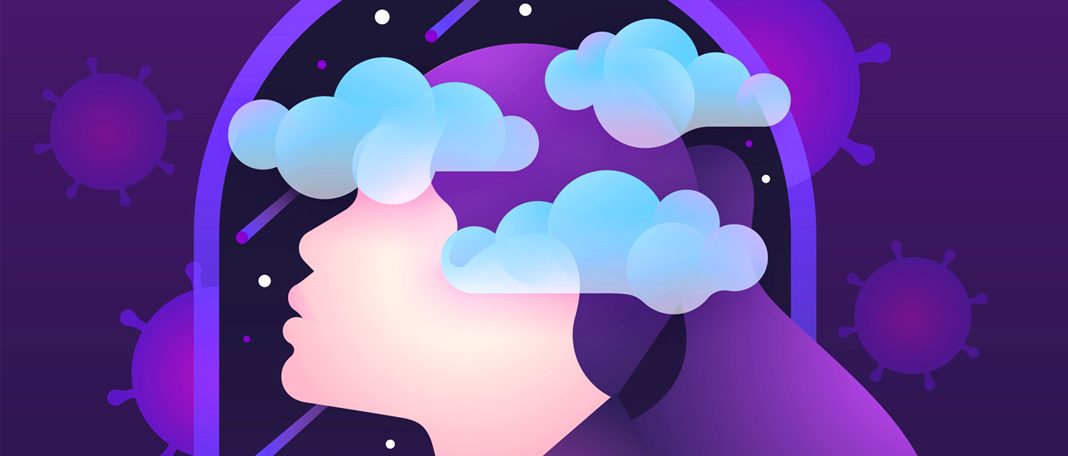Brain fog has become a serious issue for all age groups. It is a symptom caused by various factors that affect the brain’s ability to think, clouding thoughts and making one feel confused or disoriented.
People mistake brain fog as a separate condition, except that it isn’t. Brain fog can be one of the symptoms linked to a medical condition or other factors. In some cases, it is also caused by mental fatigue. Brain fog is capable of affecting one’s efficiency in work or studies but it does not have a permanent effect on the brain. Here are some of the brain fog symptoms and causes.
Causes of Brain Fog
Brain fog can occur as one of the symptoms of a medical condition, affecting your body or other factors. Some of the predominant causes of brain fog are:
- Stress – Stress can increase blood pressure, also affecting the brain. Immense stress can cause mental fatigue, making it hard to think or focus on anything.
- Hormonal changes – An imbalance in the level of hormones are one of the major causes of brain fog. Wavering levels of progesterone and estrogen during pregnancy can affect memory and might result in temporary cognitive impairment.
- Lack of sleep – Sleeping for fewer hours can lead to hindrance in concentration and results in cloudy thoughts.
- Medication – Brain fog is a common side effect of certain medications we intake. It is advised to visit your healthcare provider if you experience mental fatigue while taking any medication.
- Medical conditions – Conditions related to inflammation, fatigue, and changes in blood glucose level can trigger mental fatigue. These are some of the reasons you may have brain fog:
- Depression
- Diabetes
- Alzheimer’s
- Anemia
- Hypothyroidism
- COVID-19
- Autoimmune conditions like lupus, arthritis and multiple sclerosis
- Dehydration
Symptoms of Brain Fog
Brain fog is a symptom that is indicated through certain cognitive dysfunctions—cognitive dysfunction is referred to as a deficit in attention, learning, memory and information processing. Some of the symptoms of brain fog are:
- Disrupted memory
- Confusion and forgetfulness
- Clouded thoughts
- Lesser concentration
- Problem in focusing
One can try out brain fog online tests available in different sources to determine if they are experiencing brain fog.
How Long Does Brain Fog Last?
The duration of brain fog depends on the condition due to which the symptom occurred. It is safe to say that the symptom will last only temporarily. Brain fog can last for days, weeks, or a few months during or after a medical condition.
How Do You Get Rid of a Brain Fog?
Prevention is always better than cure. There are certain simple ways you can follow to prevent brain fog from affecting you. Some of the easy prevention ways are:
- Follow a Mediterranean diet
- Get enough sleep
- Try exercising
Natural Remedies For Brain Fog
Brain fog can be treated in many ways and some can try out a number of natural remedies to treat the symptom. Some of the natural remedies for brain fog are:
- Limit your time with electronic gadgets like computers and mobile phones
- Switch to a healthier diet containing nutrients required for proper brain functioning
- Get required sleep ( at least for 7-8 hours)
- Limit caffeine intake, alcohol and smoking
- Explore various activities that would keep your brain busy

















